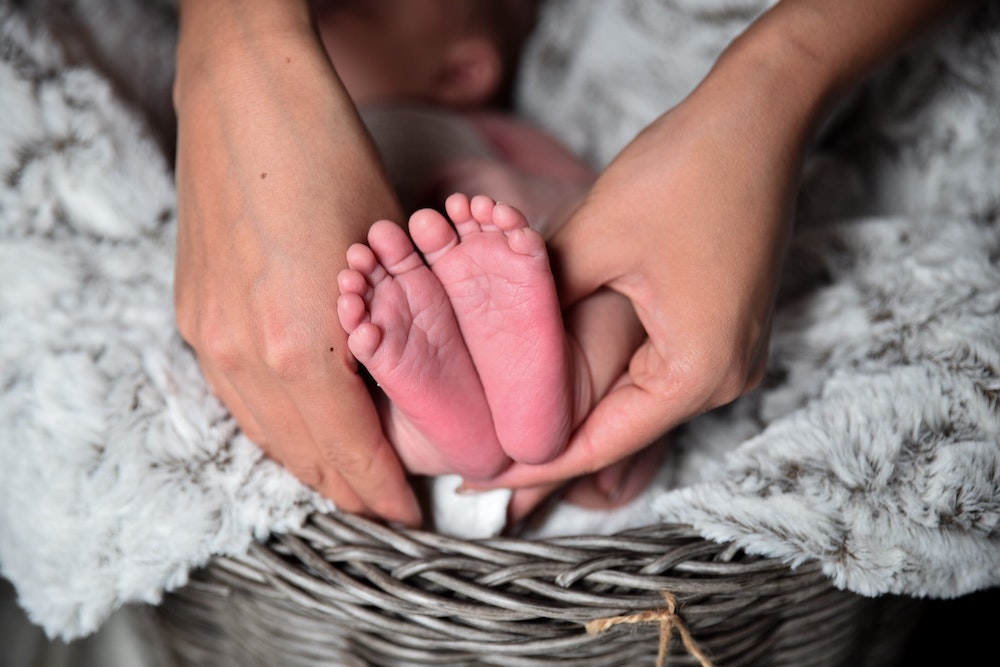
Babyscripts, a leading virtual care obstetrics platform, has teamed up with The Mississippi Public Health Institute on an initiative to improve maternal health outcomes and reduce maternal health inequities by offering remote patient monitoring programs to OB-GYN practices to help care for their patients.
The initiative will offer eligible Mississippi providers use of the Babyscripts platform, which provides remote patient monitoring to address maternal mental health, hypertension, preeclampsia, and gestational diabetes. Remote monitoring of pregnant mothers can help prevent adverse maternal outcomes, and lead to reductions in overall healthcare costs and improved outcomes for both mom and baby. Pregnant patients at participating health systems will have access to the Babyscripts myJourney app, which delivers gestational age-appropriate educational content, email campaigns, satisfaction surveys, appointment reminders, and weight monitoring; evidence-based guidelines approved by the patient’s obstetrician in the form of daily nutritional, medical and lifestyle action items; and real-time updates from their providers about changes in policies or services during the COVID-19 pandemic.
“The events of this year drew much-need attention to the needs of pregnant moms, especially low-income and minority women,” said Tennille Collins, R.E.A.C.H. program manager at MSPHI. “We must expand access to high-quality and tech-enabled care to all. This collaboration is a huge step in the right direction.”
“Black moms and babies in Mississippi face disproportionately high adverse birth rates compared to their peers,” said Juan Pablo Segura, co-founder and President of Babyscripts. “Technology has the potential to be an equalizer, and cost should never be a barrier to getting these tools into the hands of moms. This partnership with MSPHI will ensure that moms in the state of Mississippi don’t have to make a choice for better pregnancies.”
This collaboration reflects a collective commitment by MSPHI and Babyscripts to target and reduce systemic racial and ethnic inequities in both maternal and infant outcomes in Mississippi. Infants born preterm or with low birthweight are at an increased risk for experiencing physical disabilities and developmental impairments throughout their lives. According to America’s Health Rankings, the rate of Mississippi’s low birth weight infants (defined as less than 5 pounds 8 ounces) has been on the rise, now accounting for 12.1% of its births, leaving the state ranked last of 50 states. Additionally, the state’s preterm birth rates have been increasing for five years, making up 14.6% of its current births, and the state’s Black women have a 43% higher rate than all other women.



